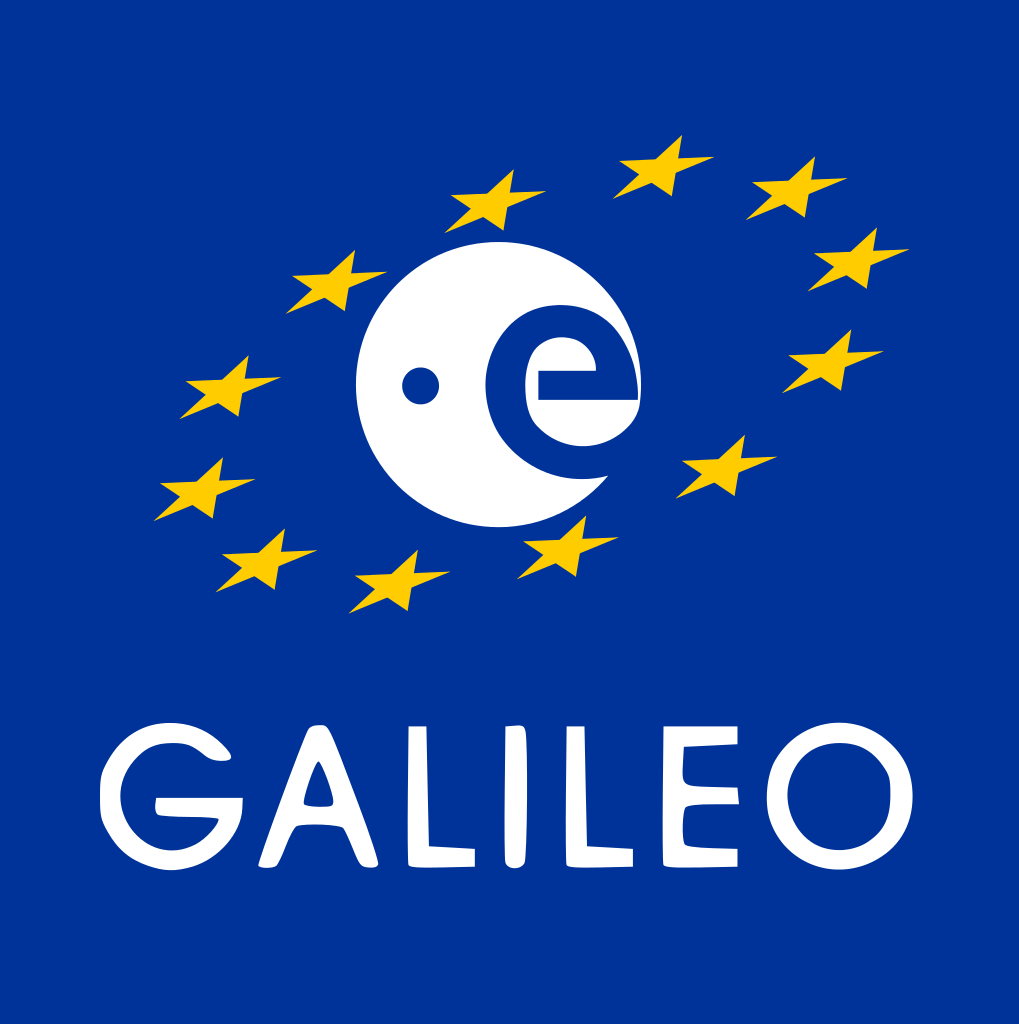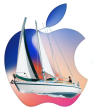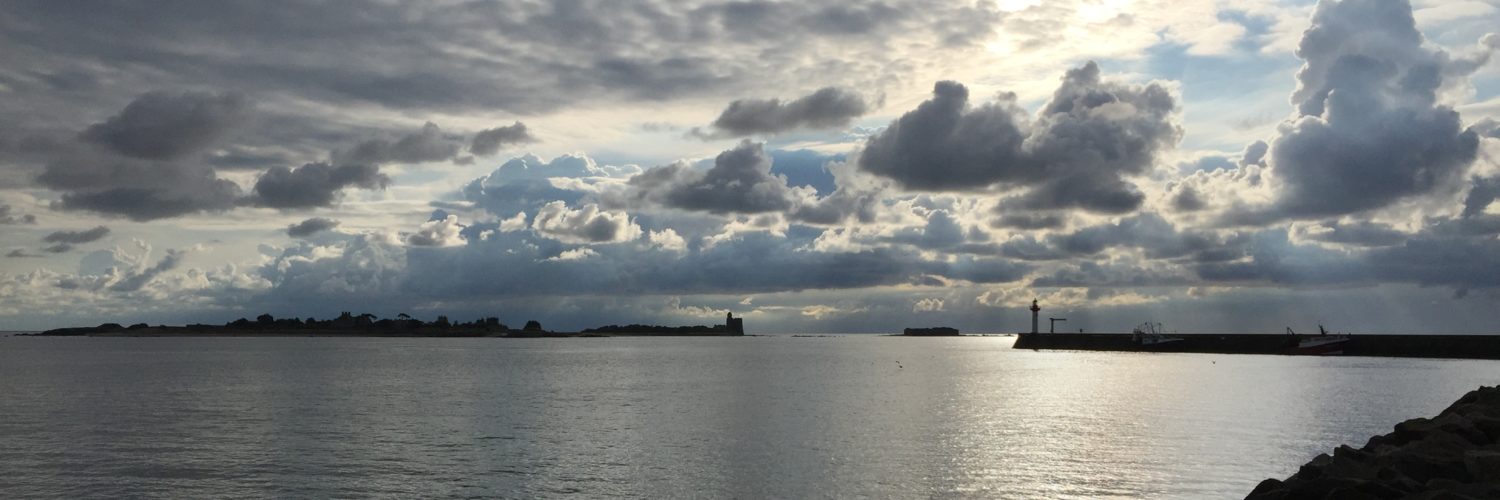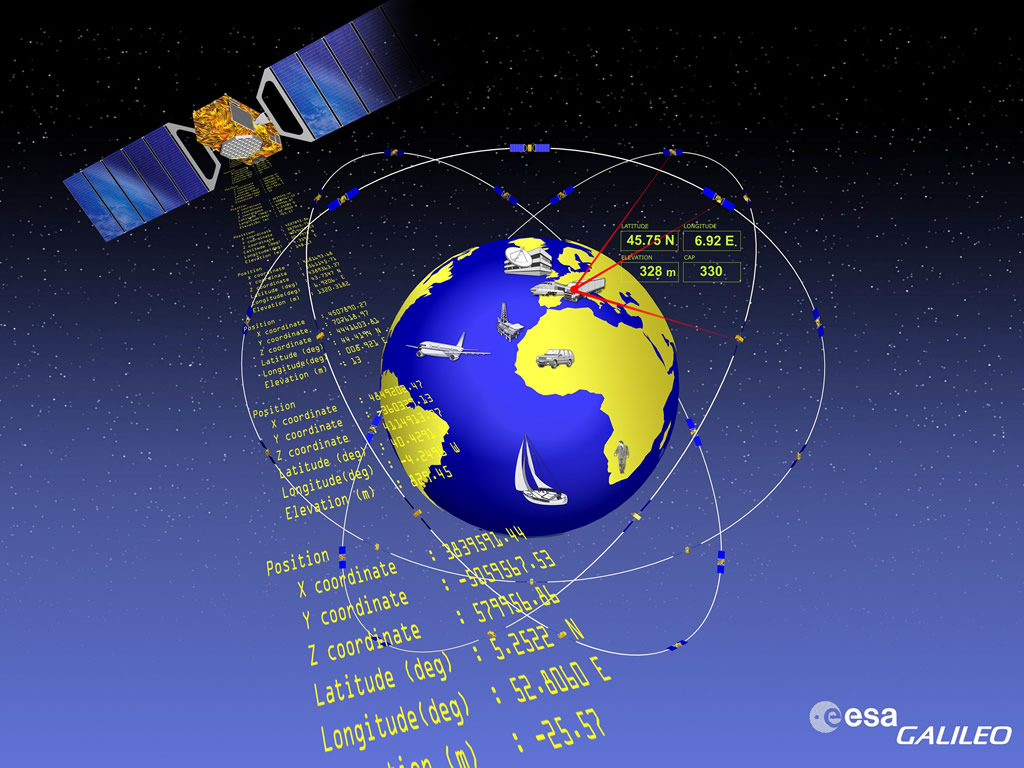 Since my first post on GALILEO end 2011 (¹), Europe's space has increased. Despite the economic uncertainties and many budgetary restrictions, Course and schedule have been maintained thanks to a community political flawless. This is to be welcomed because many other areas of European action didn't have the scoop.
Since my first post on GALILEO end 2011 (¹), Europe's space has increased. Despite the economic uncertainties and many budgetary restrictions, Course and schedule have been maintained thanks to a community political flawless. This is to be welcomed because many other areas of European action didn't have the scoop.
The year 2016 has already been dubbed "the year of GALILEO".. This was the clear message of the Munich Satellite Navigation Summit (²) early March. The Munich Summit covered all GNSS systems, but this year focus was squarely on GALILEO.
The year of GALILEO
It is fair to say that, come hell or high water, we will see Galileo Initial Services (³) debuting in October 2016. Representatives from all parties to the GALILEO initiative - the European Commission, The’ESA and GSA -stressed the importance of getting those first services in place.
12 satellites currently in orbit (Despite a definitely broken and two in non-optimal orbits) will be sufficient to provide initial services, and this will not depend on any of six additional satellites to be launched during 2016. Extensive testing of the system will take place during the spring and summer to ensure that everything will be ready.
Pierre Delsaux, from the European Commission, has thanked Jan Woerner for shuffling the ESA launch schedule to enable the extra Soyuz launch for two Galileo satellites in May and anticipated global coverage by 2020. He also emphasized the need to show value for EU taxpayers and unleash space-based services, for new applications and jobs for global citizens. It was also confirmed that GALILEO launches were now insured.
Carlo des Dorides, Executive Director of GSA, was also optimistic. He said GSA is now taking its full place in the GNSS world. He focused on what Galileo will bring to the Internet of Things (IoT – Internet of Things), and the digital infrastructure in general, and emphasised on the best accuracy and availability of the European GNSS, especially in urban-canyon environments, and also its proposed authenticated open signal. 'The revolution '. (of GALILEO) is an appointment that cannot be missed for success in the digital infrastructure., he concluded.
Paul Flament, Head of unit Program Management GALILEO and EGNOS at the European Commission, talked about the new tender for eight further satellites that has been issued by the Commission. This will provide four additional satellites now needed to reach a constellation of 30 satellites and four spare. The winning bidder could be known by September and definitely by the end of the year.
The GSA competition to select the operator of Galileo services will also be known by the end of 2016. Consultation on what will be required for the second generation of Galileo FOC satellites (Full Operational Capability) beyond 2020, perhaps with an emphasis on cost reduction, will open sometime this year.
Year of UAVs too ?
The sector of unmanned aerial vehicles (UAV for Unmanned Aerial Vehicle) is a GNSS-enabled dynamic global sector, and Europe is no exception. In January 2016, a few weeks before the Summit in Munich, an event was at the Royal Military Academy in Brussels. The objective of this two-day meeting focused on the small unmanned aircraft (RPAS⁴) that are rapidly populating Europe’s airspace. This conference was organized by UVS International whose president, Peter van Blyenburgh, is a blunt-speaking and passionate advocate for the civil RPAS operating community in Europe..
Currently, Currently, there is no European legislation that governs their use in conjunction with general aviation and, typically, national legislation varies across the member states. Regulators are trying to play catch-up. From the discussions at the workshop, It was clear, according to van Blyenburgh, that international, European and national, standards organisations, are not coordinating their work and consequently there is significant duplication and wasted effort. However, However it was decided that a single working group will be established to tackle standards work for all sizes of RPAS and terms of reference for this group should be finalised by the middle of June 2016.
Finally, we can looking forward to the 2016 Galileo and Copernicus Masters competitions 2016 that will launch soon in Europe (⁵). These annual high-profile competitions showcase some of the best emerging applications and ideas for GNSS and Earth Observation in Europe, and globally.
This year 2016 will be well and truly Year of GALILEO.
–––
(¹) Galileo, here we go
(²) Source : http://gpsworld.com/europe-enters-the-year-of-galileo/
(³) Open Service (free signal for all), Public Regulated Service (signals encrypted restricted) and Search and Rescue Service (the COSPAT-SARSAT system integration).
(⁴) Remotely Piloted Aircraft Systems (remotely piloted aircraft systems).
(⁵) http://www.esnc.info/
–––


